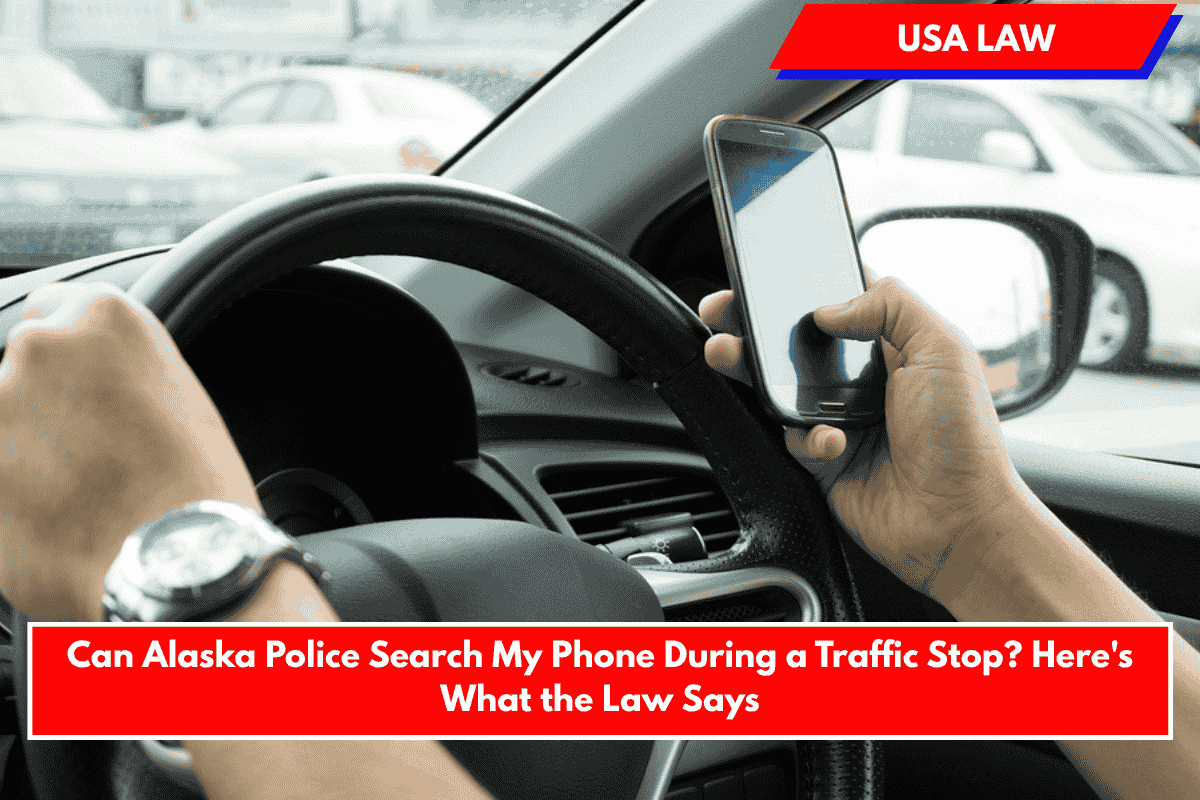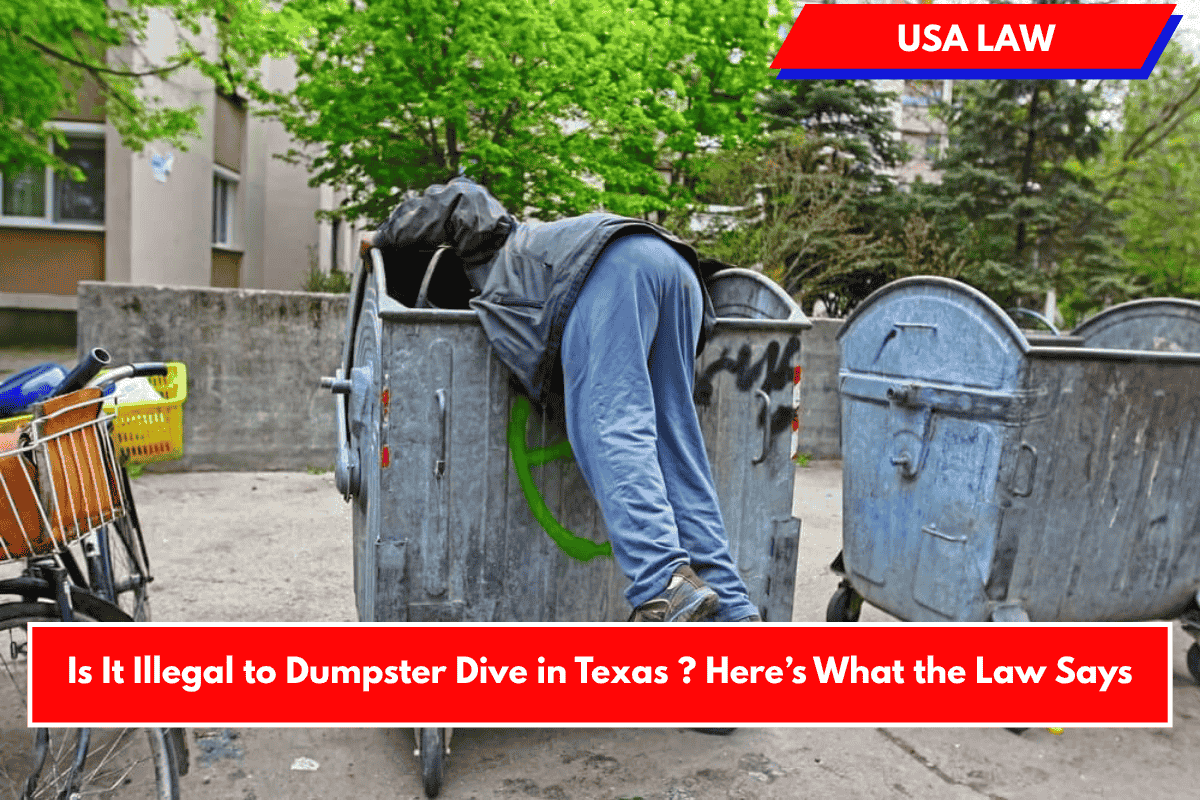The belief that driving barefoot is illegal in Texas is a widespread myth, but the reality is much clearer: there is no Texas state law prohibiting driving barefoot. In fact, this is true not just for Texas, but for all 50 states in the U.S.—none have laws that specifically ban barefoot driving.
Legal Status in Texas
- No State Law Against Barefoot Driving: Texas does not have any law that forbids you from operating a vehicle without shoes. You can legally drive barefoot in Texas without fear of being ticketed or penalized by state law.
- No Federal Law: There are also no federal regulations requiring drivers to wear shoes while driving.
- Local Ordinances: While state law is clear, some cities or counties might have their own rules, though such ordinances are rare. It’s always wise to check local regulations if you’re concerned.
Why the Myth Exists
The misconception likely stems from concerns about safety and outdated social norms. Historically, driving barefoot was sometimes associated with poverty or carelessness, and rumors about its illegality spread over time. However, these beliefs are not supported by any current law.
Driving Barefoot and Safety Concerns
While it’s legal, driving barefoot is not always recommended for safety reasons:
- Reduced Pedal Control: Bare feet may have less traction on the pedals, increasing the risk of slipping and losing control, especially in emergency situations.
- Discomfort and Distraction: Applying pressure to pedals without shoes can be uncomfortable, potentially distracting you from driving.
- Injury Risk: In the event of an accident, bare feet are more vulnerable to injury compared to feet protected by shoes.
- Improper Footwear Risks: Loose or flimsy shoes like flip-flops also pose a danger, as they can slip off or become lodged under pedals, affecting your ability to brake or accelerate safely.
Legal Implications in Accidents
- Negligence and Liability: If you are involved in an accident while driving barefoot, and it’s determined that your lack of footwear contributed to the incident, you could be cited for failing to maintain proper control of your vehicle or for negligent driving.
- Insurance and Comparative Fault: Insurance companies may argue that driving barefoot contributed to the accident, which could affect your ability to recover damages or reduce your compensation under Texas’ comparative fault laws.
- Commercial Drivers: While there are no state laws specifically for commercial drivers, many companies require appropriate footwear as part of their safety policies. Failing to comply could result in disciplinary action from your employer.
Barefoot Motorcycle Riding
- Motorcycles: Texas law also does not require motorcyclists to wear shoes, but the Texas Department of Licensing and Regulation strongly recommends protective footwear for safety. Some other states do require shoes for motorcycle riders, so check local laws if traveling out of state.
Key Takeaways
- Driving barefoot is legal in Texas and all 50 states.
- No state or federal law requires drivers to wear shoes.
- Safety concerns exist, and driving barefoot can increase accident risk or liability.
- Check local ordinances and employer policies, especially for commercial drivers.
- If an accident occurs, barefoot driving could be considered a contributing factor, impacting legal or insurance outcomes.
While you won’t be breaking the law by driving barefoot in Texas, it’s important to weigh the potential safety and legal risks. For optimal control and protection, most experts recommend wearing secure, closed-toe shoes when driving. If comfort is your priority, consider keeping a pair of driving shoes in your vehicle—just in case you need them.
Sources
- https://versustexas.com/blog/is-it-illegal-to-drive-barefoot-in-texas/
- https://www.theburkettlawfirm.com/can-i-drive-barefoot-in-corpu-christi/
- https://www.reyeslaw.com/blog/illegal-drive-barefoot-texas/
- https://www.smslegal.com/blog/you-cant-legally-drive-barefoot-in-texas-and-other-myths/
- https://maafirm.com/blog/is-it-legal-to-drive-barefoot/






